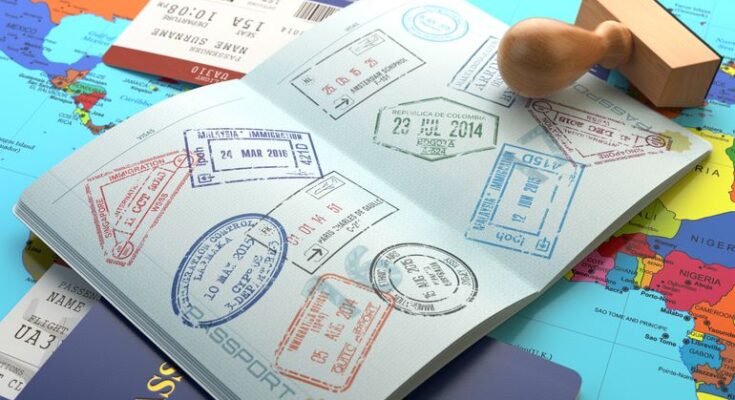The rise of remote work has sparked a global shift in how we perceive the relationship between work and location. As more professionals embrace the digital nomad lifestyle, governments worldwide recognise the potential economic benefits of attracting these location-independent workers. In response, many countries have introduced specialized visas catering to digital nomads. The visas allow remote workers to live and work in a foreign country for extended periods, often with benefits tailored to their needs.
Digital nomad visas are specialized permits that allow foreign nationals to reside in a country while working remotely for employers or clients based elsewhere. These visas differ from traditional work permits in several key ways:
- They don’t require sponsorship from a local employer.
- They often have a more straightforward application process than standard work visas.
- They typically allow more extended stays than tourist visas, usually six months to two years.
- They may offer tax benefits or simplified tax procedures for visa holders.
The question of how to become a digital nomad is frequent among aspiring remote workers. An important step in this process is obtaining a digital nomad visa. These visas provide a legal and structured way to experience living and working in different countries, offering stability and peace of mind as you embrace the nomadic lifestyle. Providing a bridge between short-term tourist stays and more permanent residency options, they let you try living abroad for extended periods.
Benefits of digital nomad visas
For remote workers, these visas offer numerous advantages:
- Legal status – They provide a clear legal framework for living and working in a foreign country, reducing concerns about visa runs or overstaying tourist visas.
- Extended stays – Unlike tourist visas, which often limit stays to 30-90 days, digital nomad visas allow for much more extended residency periods.
- Access to local services – Many visas grant access to local healthcare systems, banking services, and other amenities typically reserved for residents.
- Networking opportunities – Being part of a recognized group of digital nomads leads to valuable networking and community-building opportunities.
- Cultural immersion – Longer stays allow more profound cultural experiences and language learning opportunities.
Standard requirements for digital nomad visas
While requirements vary by country, standard criteria for digital nomad visas often include:
- Proof of remote work – Applicants must demonstrate that they have a job or freelance clients outside the host country.
- Minimum income requirements – Most countries set a monthly or annual income threshold to ensure visa holders can support themselves.
- Health Insurance – Comprehensive travel or health insurance is often mandatory.
- Clean criminal record – A background check or police clearance may be required.
- Proof of accommodation – Some countries require proof of where you’ll stay during your visit.
- Application fees – Visa fees vary widely but are generally required.
Considerations when choosing a digital nomad visa
When evaluating different visa options, consider the following factors:
- Duration of stay – Visa lengths vary, so choose one that aligns with your travel plans.
- Cost of living – Research the local cost of living to ensure it fits your budget.
- Internet infrastructure – Reliable high-speed internet is crucial for remote work.
- Time zone – Consider how the local time zone aligns with your work schedule and client locations.
- Cultural fit – Look for destinations that match your interests and lifestyle preferences.
- Tax implications – Understand the tax obligations in the host country and your home country.
- Exit requirements – Be aware of any restrictions on leaving and re-entering the country during your visa period.
These visas provide aspiring digital nomads with a structured and legal way to embark on a location-independent lifestyle. Individuals can concentrate on their professional goals by eliminating many uncertainties related to long-term travel and work abroad.




